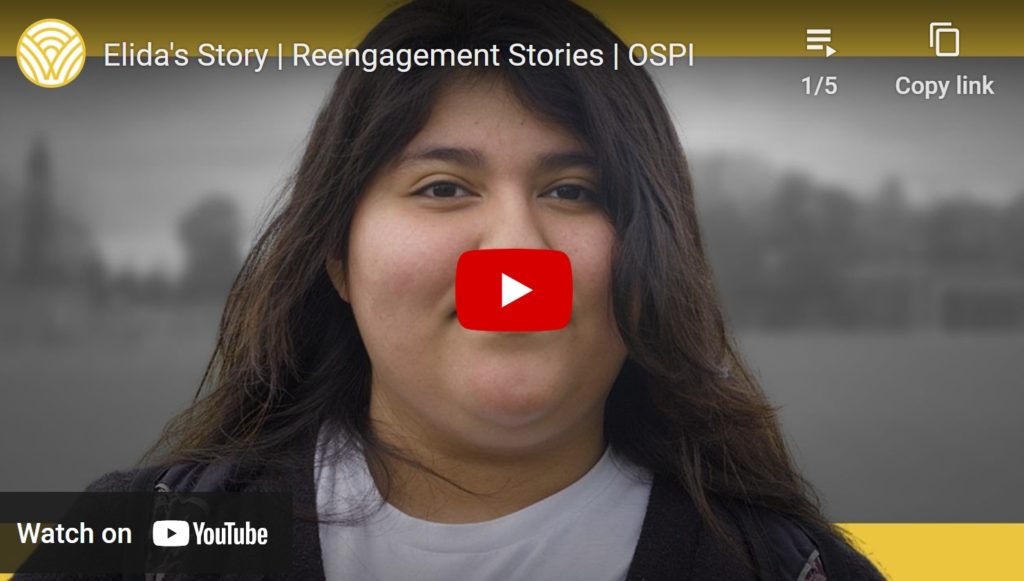Dear friends and neighbors,
Did you know I get ideas for the legislation I introduce from so many of you? When I meet with you 1:1 or at community events or town halls, I take your concerns seriously and oftentimes these turn into bills that I introduce and later become law. I also put forth several budget requests to support projects for work in our communities—also because of listening to you. Thank you for your input—it truly makes a difference!
We are now less than two weeks away from sine die, the time when the legislature adjourns for the 2024 legislative session, and I come back home to work on issues in our communities. In today’s newsletter, I’m sharing vital information with you on how I am working on addressing our kids’ learning loss and disabilities and mental health needs, what I’ve done surrounding student homelessness, and more. Read on.
Helping Our Kids
Many of our students are grappling with unaddressed learning loss and disabilities, mental health challenges, and sadly some are even dealing with homelessness. Earlier this session, I introduced House Bill 2404, to promote learning recovery in public schools. By directly addressing learning gaps for all students, we help students to have equitable access to quality tutoring. Senate Bill 5850, supports students who are chronically absent and at risk for not graduating from high school. I introduced the House companion bill, but the Senate version is the vehicle that is moving in the legislature this year. This piece of legislation requires each education service district to offer training and coaching for staff on the identification and re-engagement of students who are chronically absent. It also provides additional supports for these students with the Building Bridges program. Check out the video below which describes why this program is so essential for our youth who need to get back on track and finish high school.

I am also proud of the work I did last year with the passage of House Bill 1679, which created a work group to address the needs of students in foster care, those experiencing homelessness, or both. We see the poorest outcomes in our educational systems when students are at risk. This piece of legislation is important because it adds youth involved with our juvenile rehabilitation systems to the list of those we already work with. Our kids are our future, and we need to do right by them so that outcomes improve for our most vulnerable.
How State Dollars Support Our Youth
Here are a few more ways I’m supporting our kids, with budget requests I’ve put in to support projects right here in our communities.
- Whatcom County 23-Hour Crisis Relief Center: $2.3 million
- Imagination Library: $1.2 million
- The Health Center at Options High School: $300,000
- Family Shelter Initiative: $250,000
- Ferndale Resource Center: $200,000
- California Creek Estuary Park Expansion: $185,000
- Mental Health Counselor Outdoor Youth Camp: $50,000
Last but certainly not least, inspired by Lieutenant Governor Heck’s report, entitled “Common Ground for the Common Good,” I am working on a civic health proposal with the Chuckanut Health Foundation. Research from the National Institute of Health shows we are experiencing a national epidemic of loneliness, with 50 percent of our kids and young adults reporting feelings of depression and anxiety. What we are proposing is that members of our communities (kids and adults) get involved in something bigger than themselves, and what better way than being civically engaged in their communities? I believe this will create a sense of connectedness, belonging and safety that everyone is desperately craving. When we all do better, we all do better.
Questions? Please reach out to me at any time.
Best wishes,
![]()

